|
Women in Science: Gender Lessons Learned While Studying Ants
by Andrea Lucky, PhD December 2, 2020 | 11 AM - 12 PM Eastern Time -------- Zoom Link: https://msu.zoom.us/j/94610796573 Meeting ID: 946 1079 6573 Passcode: 713354 -------- About Andrea: I am a biodiversity scientist and evolutionary biologist. Most of my research focuses on ants: documenting the amazing diversity of native ant communities around the world, and also studying the devastating negative impacts of invasive ants. A different branch of my work focuses on science education. I run programs with community science projects, teachers, museums, and other non-university audiences to make science come alive, helping people see what “doing” science really means. About the talk: Many women professionals in science have experienced being the sole woman on the project, the field team, editorial board, or panel at a conference. Too often, this underrepresentation of women in visible and prestigious positions is attributed to the lack of women experts. In reality, women may be overlooked, rather than absent. By studying gender dynamics in my own field, Myrmecology (the study of ants), I was able to document the underrepresentation of women and call for specific measures to address barriers to women’s success. What is needed most to achieve gender parity in this field (and others) is active support for a rising generation of women professionals. This starts with the youngest women: girls in elementary school, and extends from college and graduate-level training, through young professionals. I’ll outline concrete recommendations to support the advancement of women in STEM fields.
0 Comments
Guts 'n' Gumption: Unlock the power of self-confidence for greater impact
by Sharon Ryan November 25, 2020 | 11 AM - 12 PM Eastern Time -------- Zoom Link: Click HERE Meeting ID: 872 8755 1211 Passcode: 118543 Please Note! This Zoom information is different from our usual link! If you're having trouble joining, make sure you're using the correct meeting information. -------- Join us for an informative and practical guide to understanding the importance of confidence for your career and life—and learning how to call it forth. We’ll unpack research in genetics, gender, behavior, and cognition to understand confidence. We’ll explore: What does it mean to be confident? Why do women struggle with confidence? How can we cultivate confidence in ourselves and inspire it in others? We’ll share inspiration and practical advice women for cracking the confidence code and achieving the impact you want to have in life. Facilitator: Sharon Ryan, BA, BPR, MEEC Sharon is a professional facilitator, educator, communicator and strategist who is on a mission to empower and connect women in conservation and climate, using insights from an award-winning career leading education teams in "biodiversity hotspots" for organizations like the Charles Darwin Research Station in the Galapagos Islands, and the Smithsonian Tropical Research Institute in Panama. In 2015, she received the Smithsonian Education Award for outstanding achievements in science and environmental education. As CEO of Luneer LLC, she runs an online learning platform for women focused on leadership development, leads peer coaching groups, and facilitates at the interface of science and society. How to be a Successful Intrapreneur
by Jennifer Morris (CEO, The Nature Conservancy) November 18, 2020 | 11 AM - 12 PM Eastern Time -------- Zoom Link: https://msu.zoom.us/j/94610796573 Meeting ID: 946 1079 6573 Passcode: 713354 -------- Jennifer Morris is Chief Executive Officer of The Nature Conservancy, a global conservation organization working with partners around the world to conserve the lands and waters on which all life depends. Jennifer leads nearly 4,000 global staff who are dedicated to creating a world where people and nature thrive together. Her teams bring diverse groups together in a collaborative way to transform business practices, shape government policies, and leverage rigorous science to prove and scale on-the-ground conservation work. Jennifer brings more than 25 years of conservation leadership experience to her role as CEO. Previously, she was president at Conservation International, where she developed some of CI’s most enduring programs, partnerships, and innovative strategies using business development as a tool to protect nature for the well-being of humanity. Jennifer is a passionate storyteller, avid outdoors enthusiast, and mentor to the future generations of conservation leaders. From Jaguars to Bears: Working in Conservation from Different Points of View
November 11, 2020 | 11 AM - 12 PM Eastern Time -------- Zoom Link: https://msu.zoom.us/j/94610796573 Meeting ID: 946 1079 6573 Passcode: 713354 -------- I am Noa González Borrajo, a Spanish biologist. Masters in conservation and teaching, I did my PhD about Jaguars and Pumas spatial ecology. When I finished my PhD I worked for 2 years in animal assisted therapy and environmental education, being able to know how to work with other collectives. Right now I continue working with big mammals, being part of the Asturias Bear Foundation, working and teaching about brown bears ecology and conservation. In my free time I love reading, handcrafts, going to the mountain, spending time with my dog, friends and family. Working with local communities for conservation: the model of Habitat Humanitas in Argentina
November 4, 2020 | 11 AM - 12 PM Eastern Time -------- Zoom Link: https://msu.zoom.us/j/94610796573 Meeting ID: 946 1079 6573 Passcode: 713354 -------- About Anne Bazan Anne’s career as an Architect, Interior Designer, with a post graduate degree in Renewable Energy and Sustainability has taken her to many beautiful places around the world for high-end residential projects. These incredible places, with unique views and landscape, were also the home of communities living in extreme poverty. Her interest in the way people live, how they live, where they live, all the aspects of their lives, and in the situation of being caught in a poverty trap, drove her to develop the ‘habitat humanitas model’, with a holistic approach, being introduced in a few rural communities beside nature reserves in Argentina since 2016. About Habitat Humanitas model When I think of conservation, I think of areas with complete ecosystems, exploding with beauty and nature at its maximum expression. Why don’t we see the same perfection and well-being, in the communities around these areas. What’s missing? Which are the many things that are missing? How can local communities around nature reserves get free from their poverty trap. How can these communities turn into rural developed communities, how can they thrive from conservation to achieve long term sustainability and receive meaningful benefits from it. This is no recipe, this is a model that must be adapted from place to place, but the one thing they all share is the following quote: “Ultimately conservation is about people. If you don’t have sustainable development around wildlife parks – then the people will have no interest in them and the parks will not survive.” Nelson Mandela |
Here you'll find all events and information related to WiNNsday! Archives
February 2021
Categories |

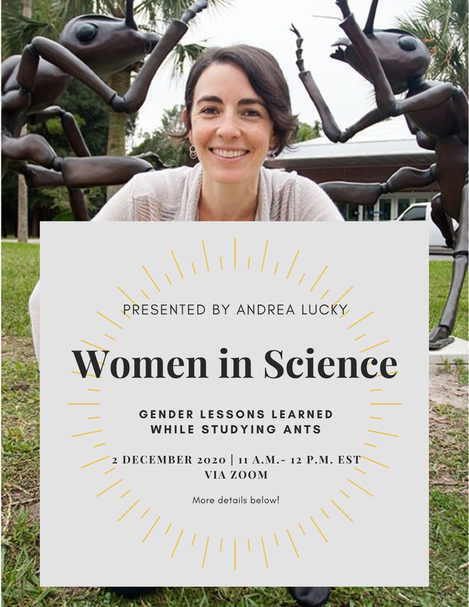
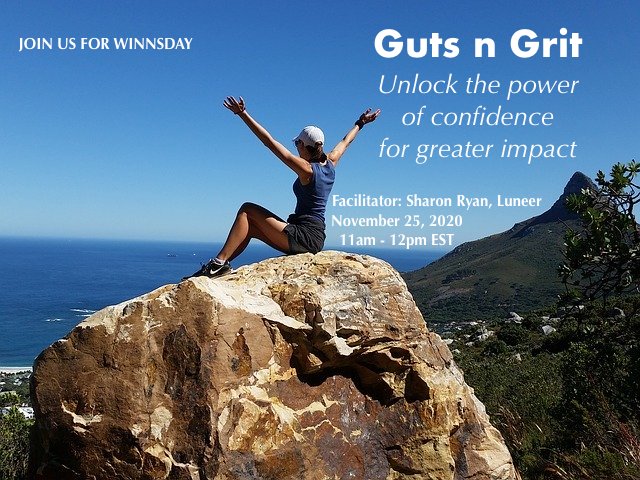
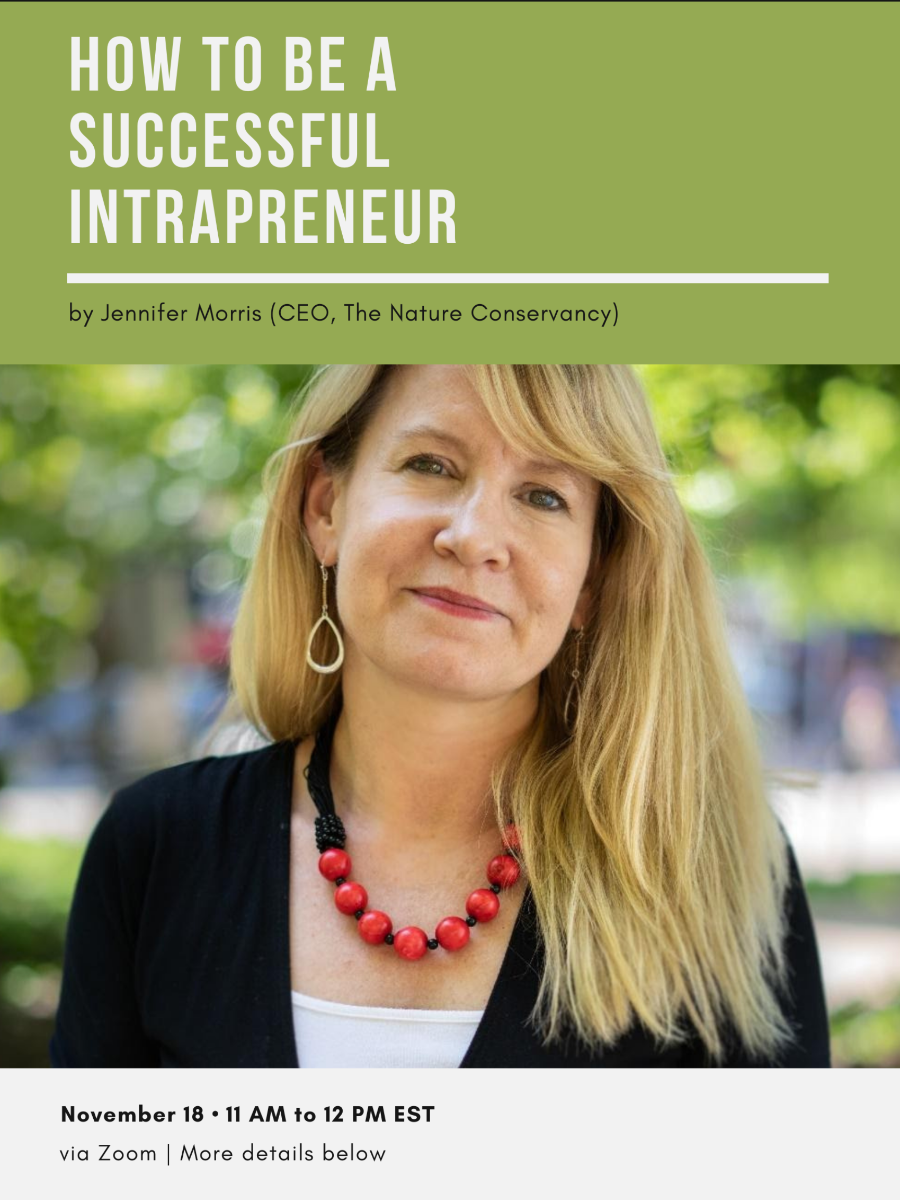
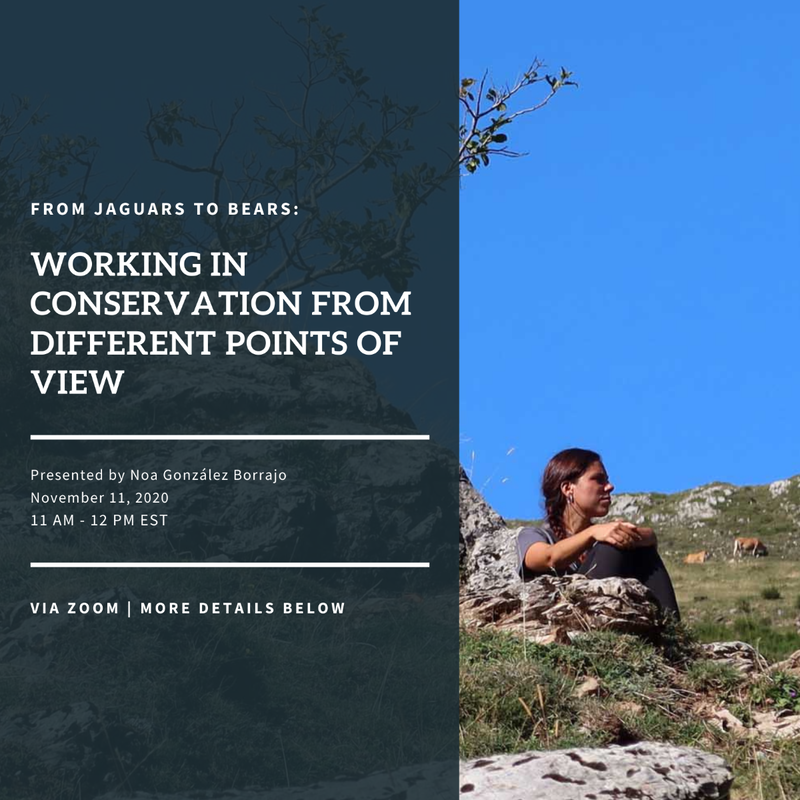
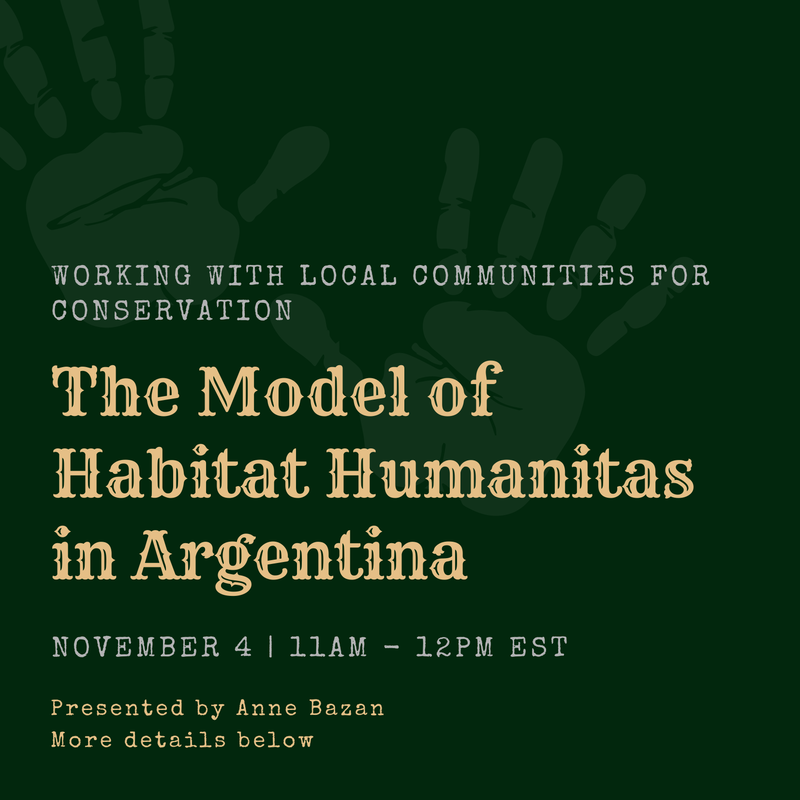
 RSS Feed
RSS Feed